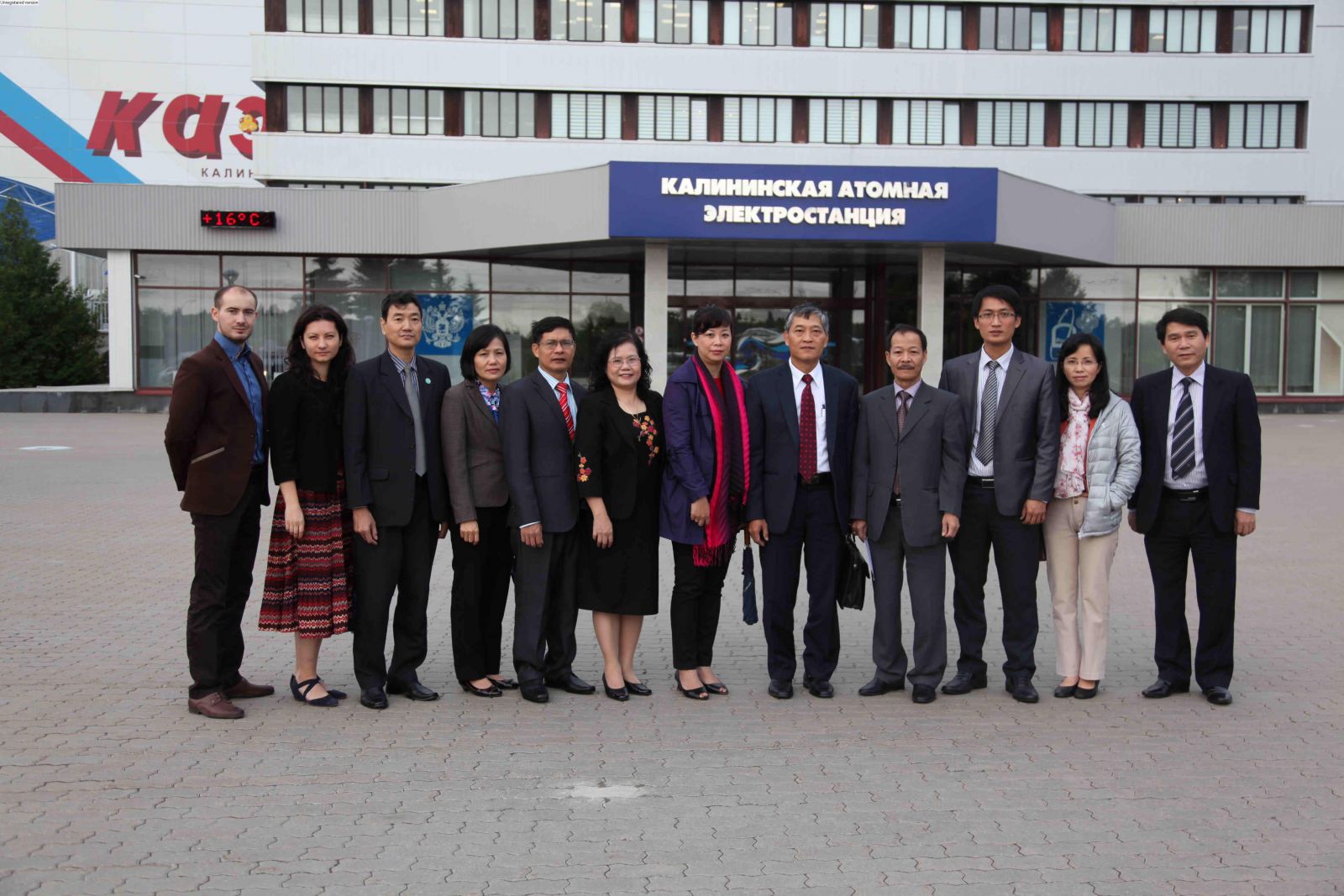
IAEA Director General Yukiya Amano delivering his statement at the 71st Regular Session of the United Nations General Assembly in New York, USA. (Photo: Rick Bajornas/UN Photo)
In his annual address to the United Nations General Assembly on Monday, IAEA Director General Yukiya Amano provided an overview of the IAEA’s work not just in the past year, but in the six decades since it was founded.
Noting that the Agency had begun celebrating its 60th anniversary this year, he said it had grown from 26 countries which ratified the IAEA Statute in 1957 into an organisation with 168 Member States that spans the globe.
“Our mission is Atoms for Peace and Development and our membership continues to grow,” he added.
In the past six decades, the Agency has dealt with some of the most critical issues on the international agenda, including nuclear verification in Iraq, Iran and the Democratic People’s Republic of Korea.
It has also helped to make peaceful nuclear science and technology available to developing countries in support of sustainable development.
“Today, the Agency is active in helping countries to achieve the Sustainable Development Goals, including those concerning poverty and hunger, human health, energy, climate change and the protection of the oceans,” Mr Amano said.
More than 48,000 scientists and engineers from developing countries have received training through the IAEA technical cooperation programme since 1958.
In recent years, the Agency has demonstrated its ability to respond quickly to crises such as outbreaks of the Ebola and Zika viruses.
Supporting cancer control programmes in developing countries is a high priority for the IAEA and real progress had been made, especially in Africa. “But the needs remain great and the Agency will maintain its focus on cancer control,” Mr Amano said.
The IAEA is participating in the United Nations Joint Global Programme on Cervical Cancer Prevention and Control, which aims to reduce cervical cancer mortality in participating countries by 25% by 2025.
Mr Amano reported on the progress made in the modernisation of the IAEA nuclear applications laboratories near Vienna. Construction has started on the first of two new buildings. It will house the Insect Pest Control Laboratory.
Nuclear energy
Mr Amano said nuclear power could make a significant contribution to the reduction of greenhouse gas emissions and improve energy security. Around 30 developing countries are considering introducing nuclear power, he said.
IAEA experts had participated in the UN Climate Change Conference COP22 in Marrakech, Morocco, last month. They highlighted the benefits of nuclear power in reducing greenhouse gases and the use of nuclear and isotopic techniques in tackling environmental challenges such as soil erosion, pollution and deteriorating water quality.
Nuclear safety and security
Mr Amano informed the General Assembly that the Agency was paying increased attention to issues such as the safety of radioactive sources used in industry, health care and other non-power applications. “There is widespread recognition that the world can never be complacent about nuclear safety and that a robust safety culture must be maintained everywhere,” he said.
The second IAEA International Conference on Nuclear Security took place at ministerial level in Vienna earlier this month. “The Ministerial Declaration which they adopted welcomed the positive impact of the IAEA’s increasing nuclear security efforts,” the Director General said.
Highlighting the entry into force of a key nuclear security instrument in May this year — the Amendment to the Convention on the Physical Protection of Nuclear Material (CPPNM) — 11 years after it was adopted, he encouraged all countries to adhere to the Convention and its Amendment.
Nuclear verification
Mr Amano informed the General Assembly that the IAEA implements safeguards in 181 States, 174 of which have Comprehensive Safeguards Agreements in force.
He encouraged all countries to implement the additional protocol, “a powerful verification tool that gives the Agency greater access to information and locations. ” The number of countries with additional protocols in force has risen to 129 today from 93 in 2009, he added.
Mr Amano noted that the Agency had worked from 2003 onwards to verify Iran’s nuclear programme. “Our work was indispensable in paving the way for the diplomatic breakthrough achieved last year in the form of the Joint Comprehensive Plan of Action,” he said.
The IAEA was now verifying and monitoring Iran’s implementation of its nuclear-related commitments under the JCPOA, work which would continue for many years.
“In order for this agreement to be successful, full implementation by Iran of its nuclear-related commitments is essential,” the Director General added.
Mr Amano reiterated his serious concern about the nuclear programme of the Democratic People’s Republic of Korea, which had conducted two more nuclear tests this year.




